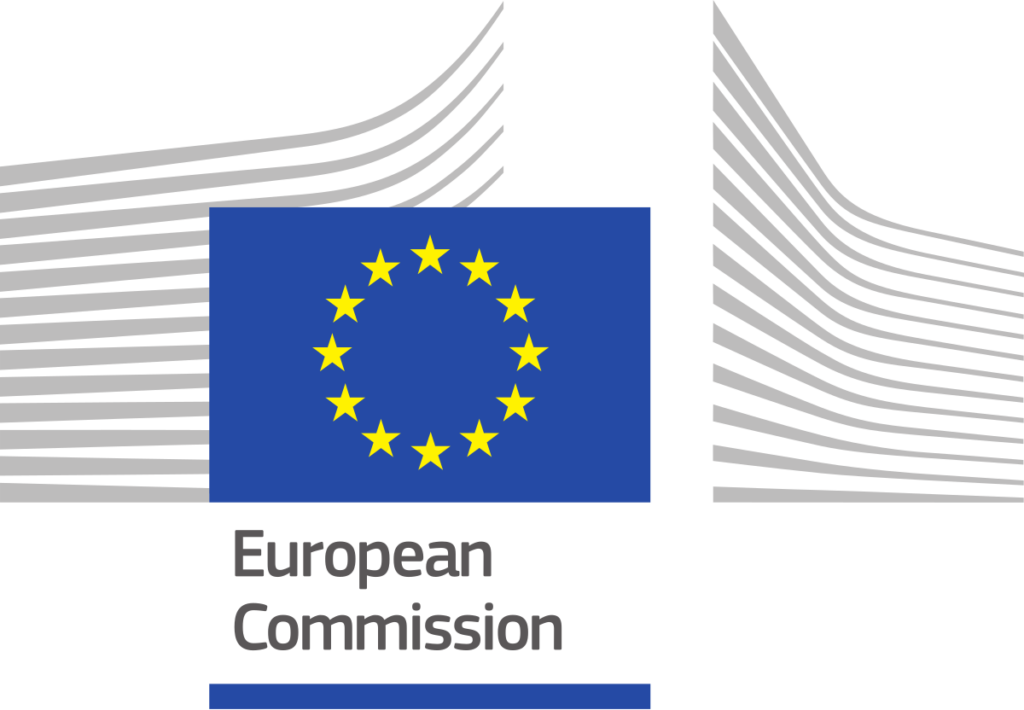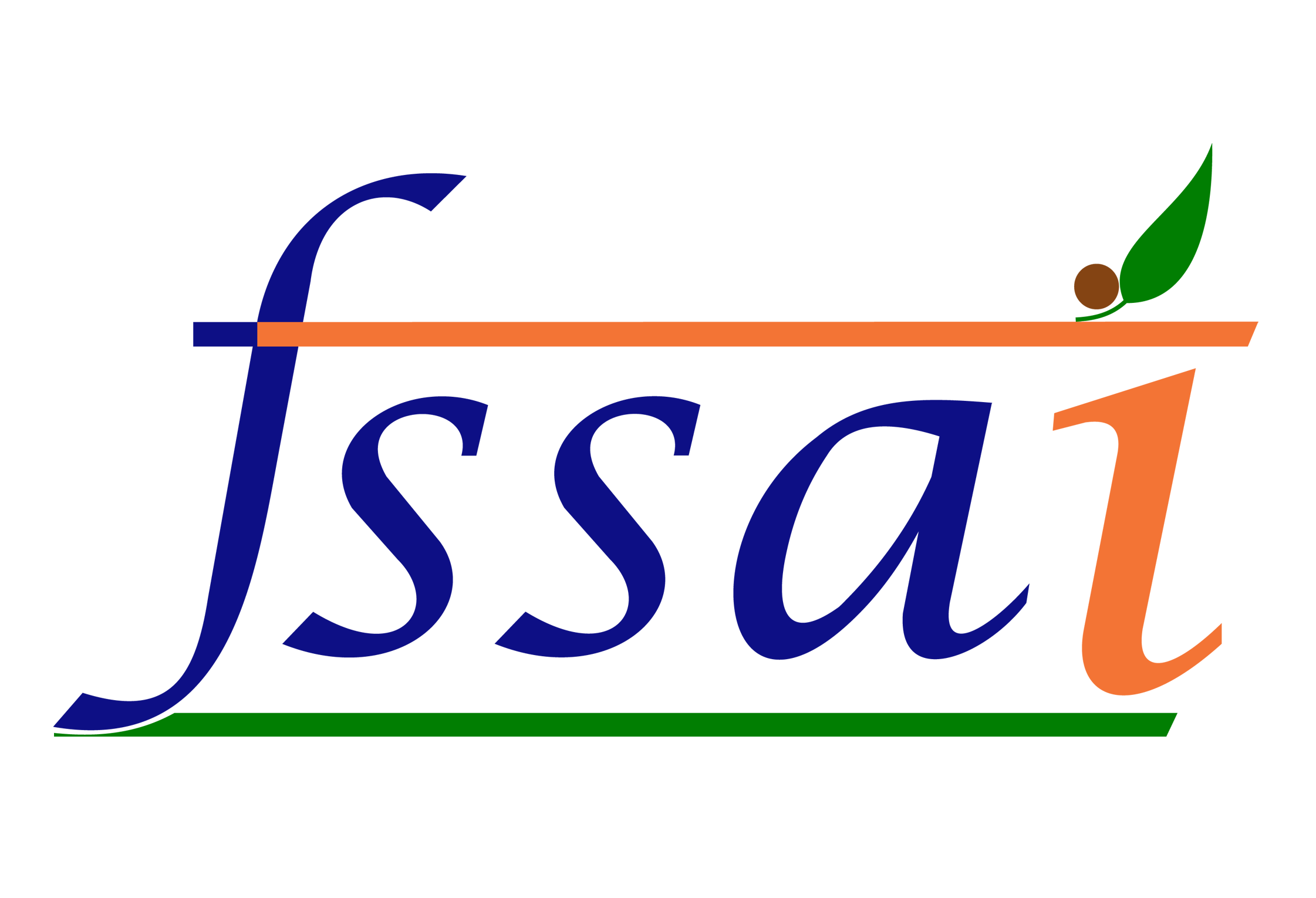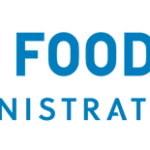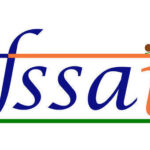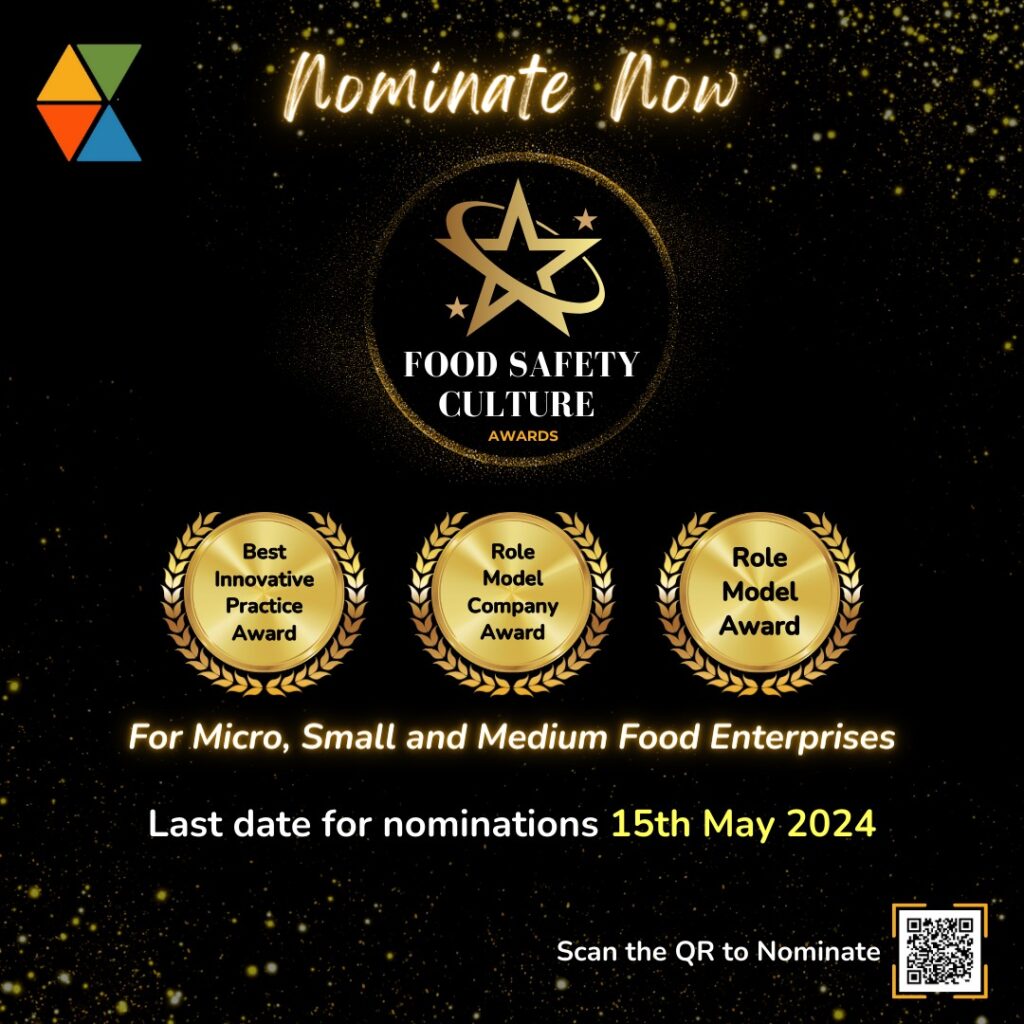The EU has revised the permissible limit of lead and cadmium in various foods with the aim of reducing the presence of heavy metals in foods. Cadmium and lead are toxic metals that are naturally present in trace amounts in various foods like cereals, pulses, fruits , vegetables etc. These when consumed below certain limits are not considered dangerous to human health.
The EU has now lowered the maximum permissible limit of Lead and Cadmium in a wide range of food products in a bid to reduce exposure to carcinogenic substances.
Cadmium limits: Cadmium is an indirect genotoxic carcinogen which is toxic to the kidney and can cause renal failure . New maximum levels have been established for baby foods as well as chocolate and cocoa products by the EU. The maximum limit of cadmium in various food products are given by the European Commission for the following food categories:
- Different types of tree fruits and nuts, root and tuber vegetables, bulbs, fruiting vegetables, brassica vegetables, leaf vegetables and herbs, leguminous plants, young stems, mushrooms
- Dried pulses and protein from dried pulses
- Various oilseeds (e.g. rapeseed, peanuts and soya beans, linseed and sunflower seeds, etc.)
- Cereals (e.g. rye and barley, rice, quinoa, wheat bran and wheat gluten, durum wheat and wheat germ, etc.).
- Foods for special medical purposes intended for infants and young children
- Young children formulae
- Baby food for infants and young children, marketed liquid or to be reconstituted according to the manufacturer’s instructions, including fruit juices
- Salt.
The stricter limits for cadmium will be applied from August 31st 2021.
Lead Limits : The Authority identified that lead can cause developmental neurotoxicity in young children and cardiovascular issues and nephrotoxicity in adults. Lead is found in a wide range of products including mushroom, spices and salt. The EU has lowered the existing maximum level of lead in a wide range of food commodities.
The maximum levels of lead in the following food categories are reduced
- Infant formulae and follow-on formulae marketed in powdered form.
- Processed cereal-based foods and baby foods for infants and young children
- Foods for special medical purposes intended specifically for infants and young children marketed in powdered form and drinks including fruit juices to be prepared by infusion or decoction.
- Offal of bovine animals, sheep, pigs and poultry, with different limits depending on the species of origin of the offal.
New maximum levels for lead are set for the food categories like Infant Food, Wine, Dried spices , salt etc
These Regulations shall enter into force on August 30th 2021.
Foodstuffs that were lawfully placed on the market before the implementation of the regulation shall remain on the market until 28 February 2022.

